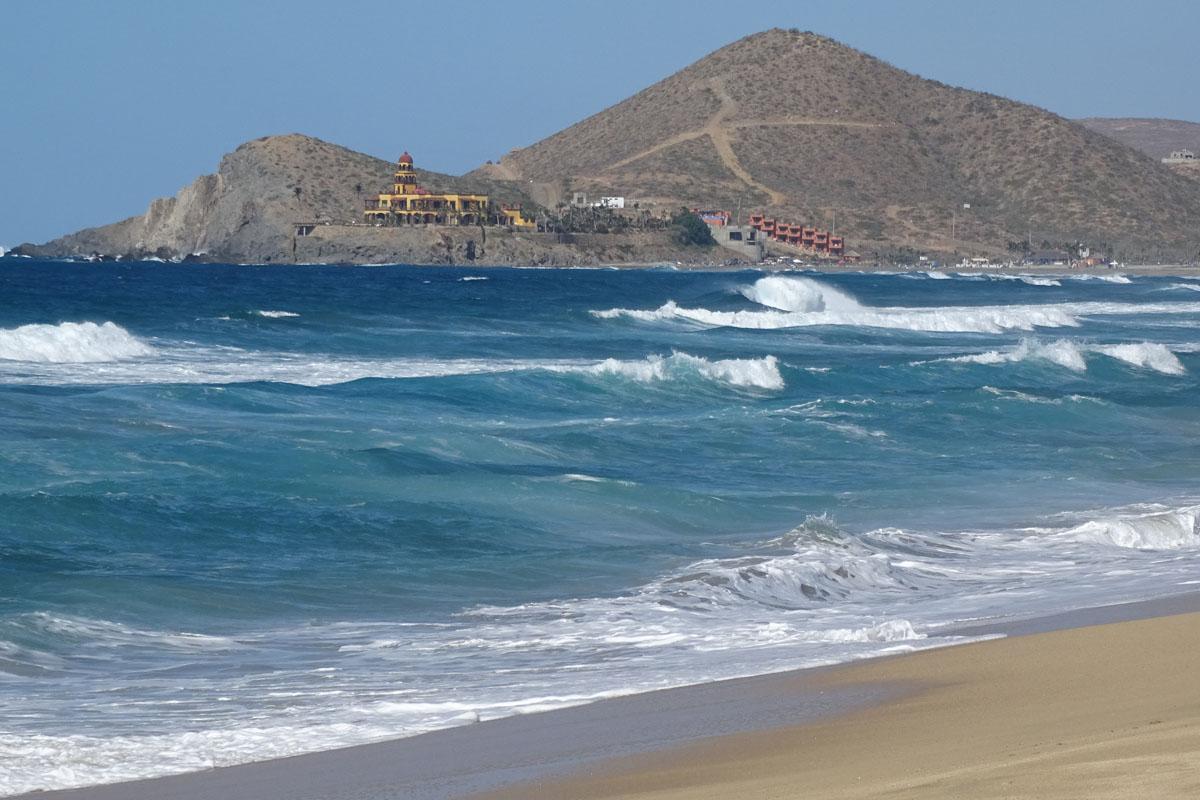Y: What are you reading, Don?
D: A murder mystery.
Y: Is it any good?
D: It’s pretty predictable.
Y: I’ve got a mystery for you: the mystery of the missing jumbo squid off the coast of Baja California. Want to hear it?
D: Sure. There used to be a huge jumbo squid fishery there, right?
Y: The fourth largest in all of Mexico. And then, suddenly, it collapsed.
D: The plot thickens.
Y: A team of scientists took a look at fisheries records and reports, oceanographic data, and studied the squid themselves to figure out what happened. They found that over the period of time that the fishery was declining, the ocean water had become warmer, and the squid, in turn, had become smaller and lived shorter lives. In the past, the Gulf of California had warm El Niño waters inhospitable to jumbo squid followed by cooler La Niña waters. In the past decade, though, La Niña has been absent, and the water has stayed warm for longer periods of time, which makes conditions difficult for both jumbo squid and their prey. In response, jumbo squid don’t grow as big or live as long, and reproduce earlier.
The jumbo squid aren’t so jumbo anymore, making them harder to catch and less profitable for fisheries. The researchers acknowledge that overfishing could have contributed to the decline, but the fact that the squid have gotten physically smaller tells us that there’s something else going on. We might be seeing more collapses like this in the future, the research implies.
D: The mystery’s solved, but it’s not a happy ending for marine ecosystems or fisheries.









